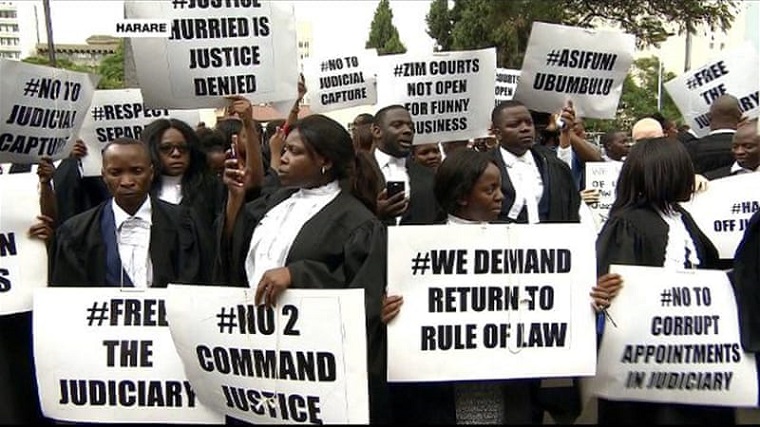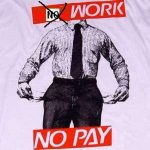Baroness Redfern Conservative
My Lords, I too thank the noble Viscount, Lord Goschen, for initiating this short debate today, following the Oral Question last week by my noble friend Lord Hayward, and I am grateful for the opportunity to take part.
A full week has passed, and still we hear and read about the continuing, disproportionate use of force to retain order. The situation originated from the announcement of steep increases in fuel prices earlier this month. We are told that the price rises were meant to tackle fuel shortages, but they mean that Zimbabwe now has the most expensive fuel in the world—and the people are poor. All this is happening in a country which has lots of economic minerals such as platinum, gold, diamonds, chrome, coal, nickel and many others, which should have been used to help develop this lovely country. Even basic commodities such as food are affected. Not many years ago, there was a vibrant agricultural sector, but now the country relies on imports. Food costs three times the average person’s salary; fuel and medicine remain scarce and are increasingly expensive; and all this is coupled with large-scale unemployment, making further protests likely.
Many crimes committed by the security forces have gone unreported to the police because victims are often fearful of detention or further violence. With women allegedly being raped by the security forces during these night raids, they too live in fear. With so much distrust, they dare not report against police or soldiers. There are further reports, too, of security forces entering houses at night and making men and even boys as young as 11 lie on the ground, where they are beaten. We read that over 600 people have been arrested, with 60 people being treated in hospital for gunshot wounds. It was reported a few days ago that a 22 year-old man on his way home from work was stopped by soldiers and beaten with iron rods, which was followed by a government spokesman saying: “When things get out of hand, a bit of firmness is needed”.
And courts are struggling to process the huge number of detainees.
Seeing the end of Mugabe’s rule prompted widespread optimism that the repression of previous decades was over, but, regrettably, it seems even worse. We have seen this level of violence in Zimbabwe for at least a decade now, and it seems to stall any remaining hopes that the end of those 37 years of Mugabe’s reign would lead to major reforms of that beautiful country. Since then, the military have become even more of a significant player in social, political and economic affairs, with retired officers being appointed to key Cabinet roles and overseeing, as we heard earlier, the shutdown of the internet.
It is in the gift of countries such as the UK to protest, monitor and challenge human rights issues in Zimbabwe, as well as continuing to voice UK concerns regarding corruption. As we are all well aware, corruption places in danger any economic growth. I look forward to the Minister’s response.
Continued next page
(249 VIEWS)


